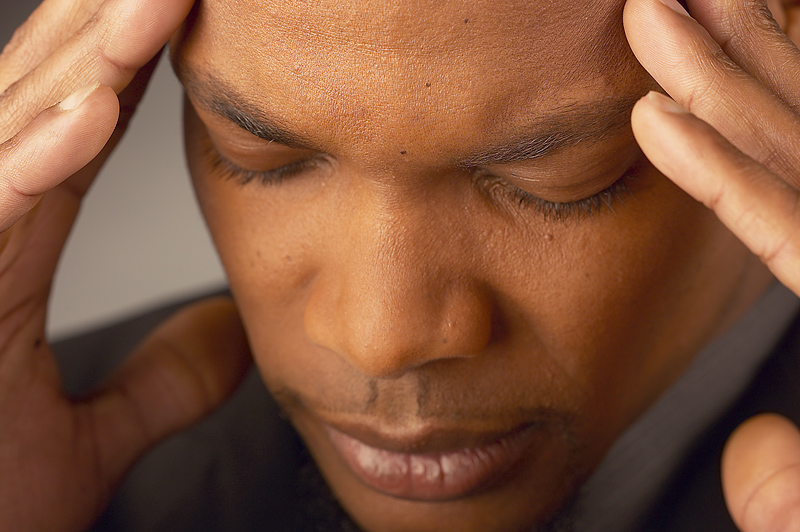
WEDNESDAY, Dec. 24, 2014 (HealthDay News) — Adults who experienced childhood abuse or neglect have a higher risk of migraine headaches, suggests a study published online Dec. 24 in the journal Neurology.
“Childhood maltreatment can have long-lasting effects, like associated medical and psychological conditions including migraine in adulthood,” study author Dawn Buse, director of behavioral medicine at Montefiore Headache Center in New York City, said in a journal news release.
“When managing patients with migraine, neurologists should take childhood maltreatment into consideration,” concluded Buse, who is also an associate professor in clinical neurology at Albert Einstein College of Medicine in New York.
Although the study found a link between abuse and migraine, it wasn’t designed to prove that abuse could cause the headaches.
For the study, Buse and her colleagues looked at more than 8,300 people with migraines and more than 1,400 with tension headaches. Tension headaches are the most common type of adult headache, according to the researchers. Migraines are usually much more painful and can be disabling.
Study participants were asked if they had been abused as children. The three types of maltreatment asked about were sexual abuse, emotional abuse, or emotional neglect.
Emotional abuse was reported by 24.5 percent of those with migraines and 21.5 percent of those with tension headaches. The researchers found that people who experienced emotional abuse before age 18 were one-third more likely to have migraines than tension headaches. That was true even after the researchers accounted for factors such as age, sex, race, income, anxiety and depression.
Adults who were victims of childhood sexual abuse and emotional neglect were also more likely to have migraines. Those who experienced two forms of abuse as children were 50 percent more likely to have migraines than those who suffered one form of abuse, the study found.
More information
The American Academy of Family Physicians has more about migraines.
Copyright © 2025 HealthDay. All rights reserved.

